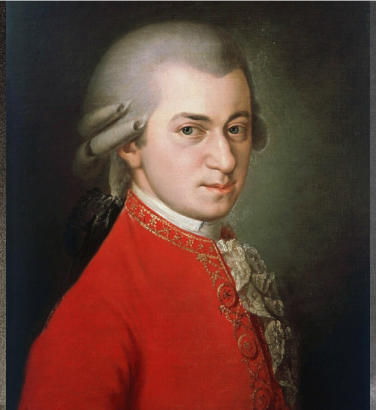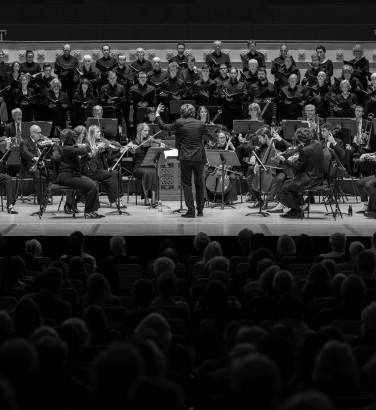
Italian composers in Spain
7 Jun 2023
News Story
Domenico Scarlatti (left) and Luigi Boccherini (right)
When we think of classical music with a Spanish flavour, it is typically late 19th century works which come to mind: Chabrier’s España, for example, or Rimsky-Korsakov’s Capriccio espagnol – and above all, Bizet’s Carmen. Ravel’s fascination with the Iberian peninsula ensured the continuation of the trend well into the next century, when the likes of Falla’s El sombrero de tres picos (The Three-Cornered Hat) gave the movement a sense of authenticity. The crowning glory of Spanish music would arguably not appear until 1939, when Rodrigo wrote his much-loved Concierto de Aranjuez.
With all the wonderfully idiomatic music that was written over this period, it is all too easy to overlook the influence of Spanish music on earlier composers. In the mainstream, the Classical period was admittedly not particularly marked by Spain: The marriage of Figaro may be set in Seville, but Mozart doesn’t make any great effort to evoke the country, even in the Act III Fandango. Haydn’s Seven Last Words of Our Saviour on the Cross (coincidentally written in the same year of 1786) also has a Spanish connection, in this case because it was commissioned for performance in Cádiz – a decidedly far cry from his home in what is now Hungary, but not the sort of work in which musical references to Spanish music would have been appropriate.
There may be a connection – albeit a circumstantial one – between the dwindling interest in Spain’s musical heritage and the rise of the piano from around 1770. Within twenty years, it had all but replaced the harpsichord as keyboard instrument of choice, but much of the music written for the older instrument in the Iberian peninsula was unsuitable for performance on the newcomer, which was unable to imitate the percussive strumming of the native guitar. If it is another matter today, that is because the modern piano is much sturdier than its delicate late 18th century forebear.
The piece is absolutely useless, even ridiculous, outside Spain, because the audience cannot hope to understand its significance, nor the performers to play it as it should be played.
The earlier part of the century had thrived on the harpsichord’s affinity for the lively rhythms and pungent harmonies of Spanish music, and the country’s native composers had understandably exploited this to the full. Many of them can now be considered obscure, with the notable exception of Antonio Soler, whose Fandango ranks among the absolute classics of Spanish keyboard music. One of his teachers was the Italian-born Domenico Scarlatti, who had settled in Spain in 1729 and developed a thoroughly Spanish idiom for the keyboard sonatas for which he is best remembered. (He eventually adopted the name of Domingo Escarlati, the surname surviving to this day among his descendants.)
Boccherini belongs to a later generation. A native of Tuscany, he moved to Madrid in 1770 to take up a position in the court of the King’s brother, remaining in Spain after the death of his patron in 1785. He is chiefly remembered for his cello concertos (one of which opens the SCO Strings’ Mozart Serenade programme in our 2023 Summer Tour) and an enormous amount of chamber music. This includes a dozen quintets for guitar and strings, showing a clear Spanish idiom.
Fast forward a century and the influence of Spanish music would be felt far beyond the country’s borders. The works which came about then are better known, but it would arguably be only in the 20th century that they would regain the stamp of authenticity Scarlatti and Boccherini had brought.

Mozart Serenade
The SCO Strings' musical journey may end in Vienna, but we open in Boccherini's Madrid. SCO Principal Cello Philip Higham plays and directs the composer's Concerto in G before we eavesdrop on the streets of the Spanish capital by night.
Related Stories
![Three men, the first two in 18th century formal dress (one in black and white, one in a red coat), the last in an old photo, smoking]()
What is a sinfonia concertante?
17 March 2025
We delve into the history of a hybrid genre ...![]()
The SCO Chorus on music for Lent
10 March 2025
With Easter just around the corner, we delve into perhaps the richest (and often darkest) choral repertoire of all ...![]()
The bassoon concerto
3 March 2025
For the last article in our concerto series (for now), we turn to an instrument too often dismissed as the orchestra's resident joker.


